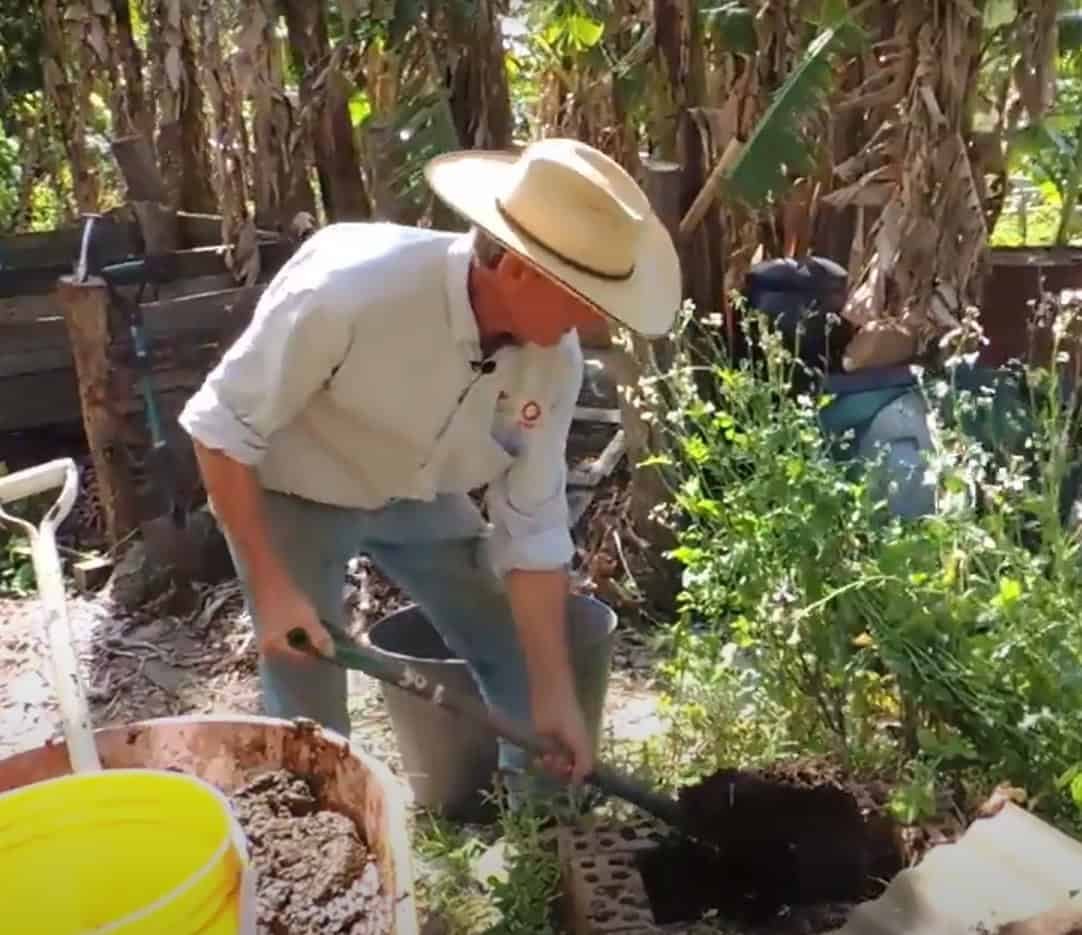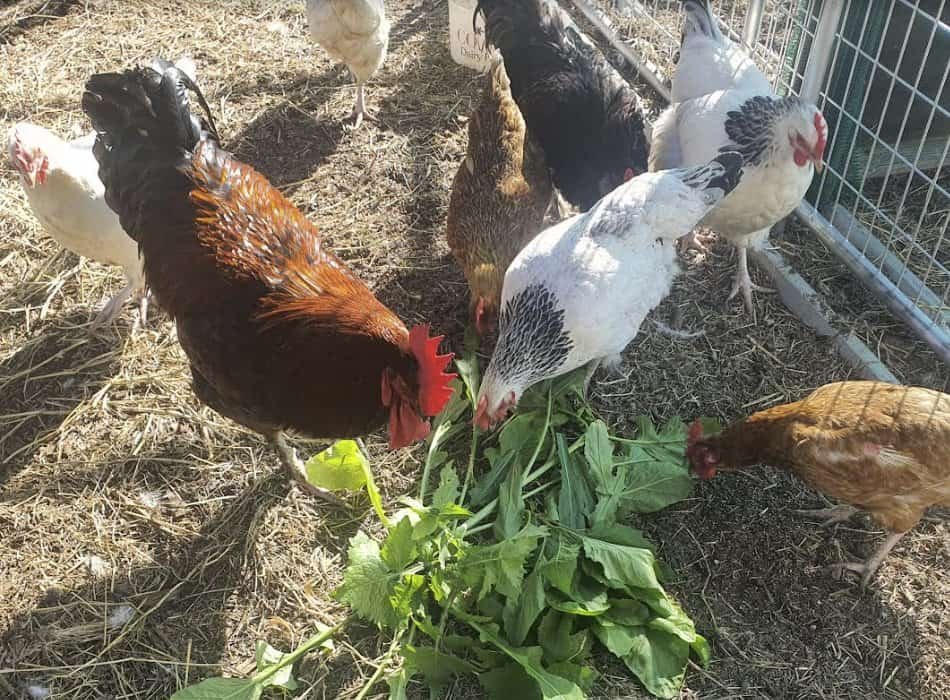Healthy Food
Why do we keep poisoning our kids and fellow humans with low nutrient value crops soaked in chemical pesticides?
Education
There are alternatives to the way we farm. Ways that improve the health of the soil on your farm each year.
Medical
Young children are particularly vulnerable to toxicants in the environment, including pesticides.
Pure Water
It starts with retaining the water. Retain it to recharge the water table. Create improved pastures and regenerate barren land.
Love & Care
This Earth we live on is a living organism that looked after the planet in pristine beauty before humans.
Gotcha
High global energy costs sees 230pc price hike in crop fertilisers. You just keep paying.
Featured News Videos
Life starts with the Water

September Event
Dear Subscribers Saturday 6 September is our annual spring biodynamic day. We’ll dig up both…

Biodynamics and the Old Curmudgeon
It must have been about 8 months ago when this old guy pulled up in…

Ultra Processed Food | Michael Pollan & Joel Salatin
Following on from our previous blog post, How can we all Improve our Health, is…
And we Need To Mention Biodynamics
Biodynamic farming is a holistic and sustainable approach to agriculture that emphasizes the interconnectedness of soil health, plant growth, and ecological balance. Eating food grown on biodynamic farms can offer numerous benefits:
- Enhanced Nutrient Content: Biodynamic farming methods prioritize soil health, leading to nutrient-rich produce with higher vitamin and mineral content.
- Chemical-Free Agriculture: Biodynamic farms avoid synthetic pesticides and fertilizers, reducing chemical residues in food.
- Improved Soil Fertility: Practices like crop rotation, composting, and cover cropping enhance soil fertility and structure.
- Biodiversity Conservation: Biodynamic farms often include diverse plant and animal species, promoting biodiversity and natural pest control.
- Regenerative Agriculture: Biodynamic principles focus on regenerating the land, minimizing soil erosion and degradation.
- Taste and Flavor: Many consumers report that biodynamic produce has better taste and flavor due to soil health and natural cultivation methods.
- Healthier Ecosystems: Biodynamic farms work in harmony with the environment, creating healthier ecosystems for wildlife and insects.
- Reduced Carbon Footprint: Biodynamic practices often minimize transportation distances, reducing the carbon footprint associated with food production.
- Holistic Farm Management: Biodynamic farms consider the entire farm as a self-sustaining system, leading to long-term sustainability.
- Resilience to Climate Change: Soil health and diverse crops make biodynamic farms more resilient to extreme weather conditions.
And Here’s Another 10 Reasons For Biodynamics
Consuming food grown on biodynamic farms can contribute to personal well-being, environmental conservation, and the promotion of sustainable agricultural practices.
- Support for Local Economies: Purchasing biodynamic products can support local and small-scale farmers, contributing to rural economies.
- Transparency and Accountability: Biodynamic certification requires adherence to strict standards, ensuring transparency and accountability in farming practices.
- Spiritual and Ethical Considerations: Biodynamic farming incorporates spiritual and ethical principles, aligning with values of stewardship and responsibility for the land.
- Community Engagement: Biodynamic farms often engage with the local community through educational programs and farm-to-table initiatives.
- Reduced Harm to Water Bodies: Avoiding synthetic chemicals in biodynamic farming helps prevent water pollution and contamination of water bodies.
- Holistic Nutrition: Biodynamic farms focus on providing holistic, nutritious diets for both humans and livestock.
- Preservation of Heirloom Varieties: Biodynamic farms often prioritize the cultivation of heirloom and rare plant varieties, preserving agricultural diversity.
- Sustainable Livestock Practices: Biodynamic farms often integrate livestock into their systems, emphasizing humane treatment and sustainable practices.
- Respect for Cosmic Rhythms: Biodynamic farming considers lunar and cosmic rhythms in planting and harvesting, aligning with natural cycles.
- Promotion of Conscious Consumption: Supporting biodynamic farming encourages consumers to make mindful and sustainable food choices.

